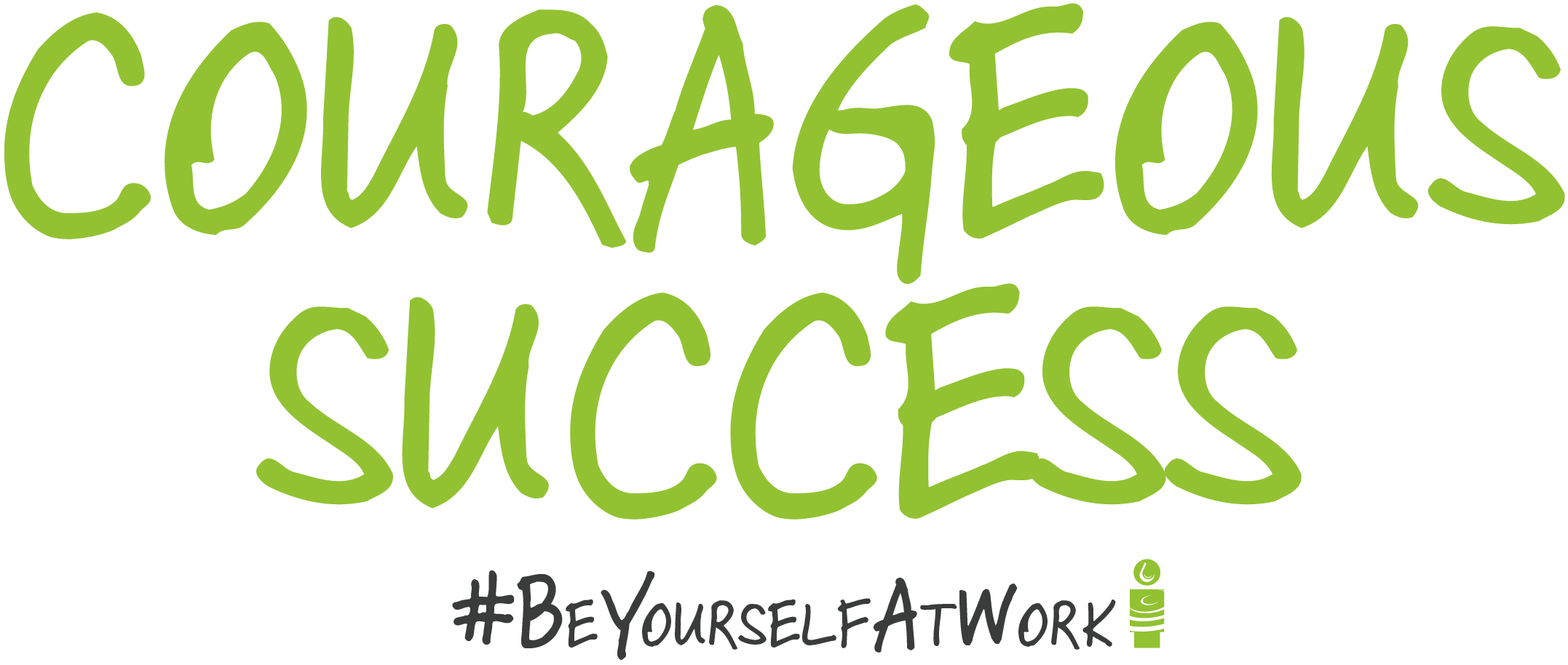“If workers feel like they belong, companies reap substantial bottom-line benefits. High belonging was linked to a whopping 56% increase in job performance, a 50% drop in turnover risk, and a 75% reduction in sick days. For a 10,000-person company, this would result in annual savings of more than $52M”
Harvard Business Review
 The HBR study also shares that employees with higher workplace belonging showed a 167% increase in their employer promoter score (their willingness to recommend their company to others). They also received double the pay rises, and 18 times more promotions.
The HBR study also shares that employees with higher workplace belonging showed a 167% increase in their employer promoter score (their willingness to recommend their company to others). They also received double the pay rises, and 18 times more promotions.
How do we create a workplace of belonging? Easy. It starts with you.
81% of people share that they now feel that they have the power to change their workplace as a result of their iAM Development. What’s driving this? Simple. They now know that it is themselves that dictate how they feel. How they belong. Using who they are to make a difference and relying less on recognition and externals. Instead being more themselves and so creating a culture of openness and normality.
The challenge of workplace culture and being yourself at work has been amplified with Coronavirus. Many have been away from the workplace through furlough or working from home. Belonging therefore will have potentially reduced. Who decides that you belong? What are the levers that all of us can use to foster our own sense of belonging and those of others?
Research published in HBR shares that individuals coping with left-out feelings can adapt through;
- Gaining perspective from others.
- Mentoring those in a similar condition.
- Thinking of strategies for improving the situation.

Our experience would challenge the top two. Belonging comes from a feeling that you, your values are connected to the business and those you work with. It is a feeling of home. Gaining other’s views on whether they belong in our experience just blows the issue of a challenge with belonging larger. Ambulance chasing and mountains out of molehills spring to mind!
Mentoring those in a similar position we would suggest is the same, potentially exaggerating that there is a problem.
Our research shows that when we:
- Personally take control of our decision to belong.
- Stop looking to be valued, trusted or recognised by others or our workplace. Instead giving ourselves validation by being the best of who we are.
- Remove initial negative judgement and expectation of others and not expect others to be like us or to read our minds.
- Choose to see the best in others and not make other’s wrong when they are different to us.
- Consciously choose to remove negativity and criticism from our behaviour and language.
Everything changes!
We have found with iAM Culture, where each person’s values, the real them, their best self are mapped to the culture of a business, it’s values and valued behaviours, that everyone can fit. We just have to be conscious of how and follow the five steps above. But ultimately be happy bringing our best selves authentically to work every day.
Be you.
